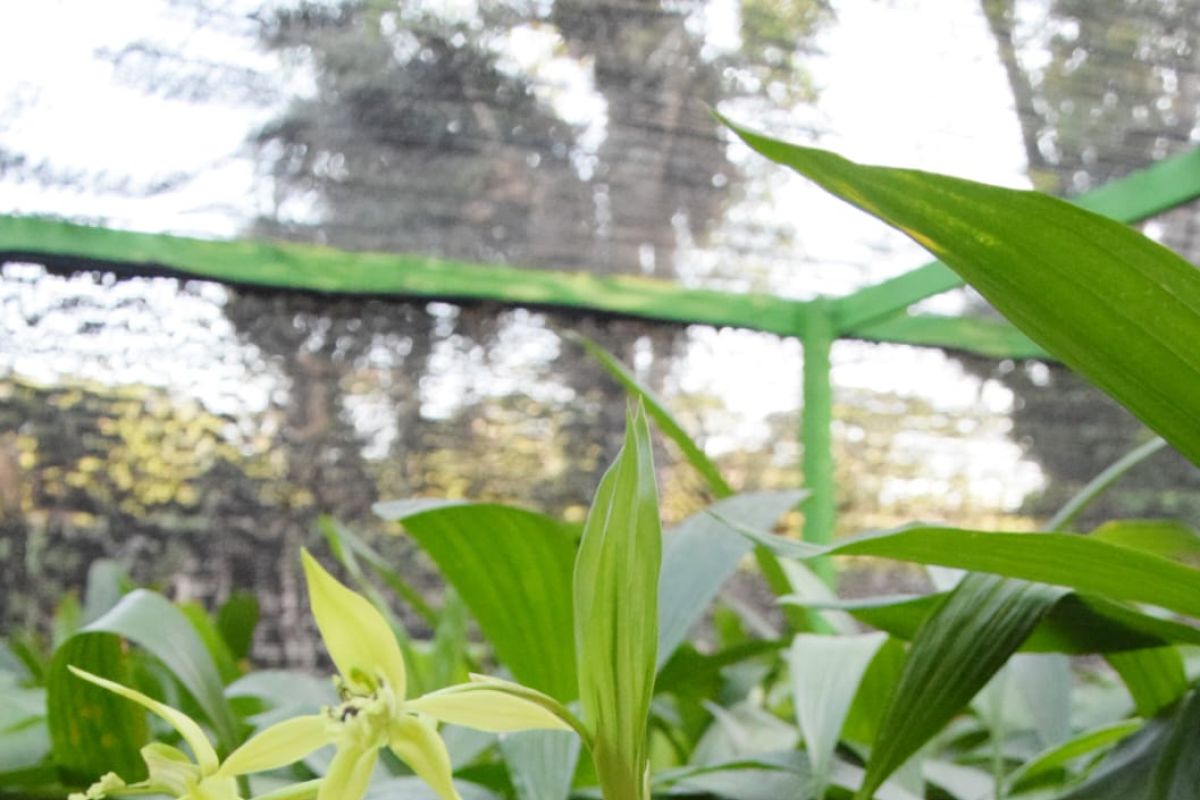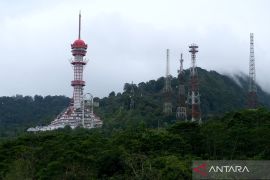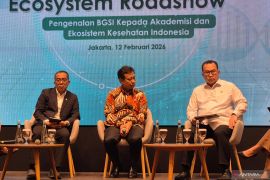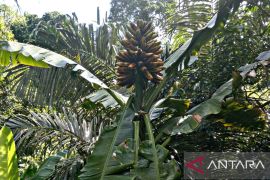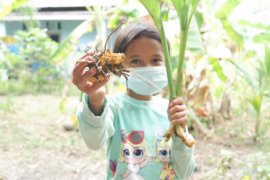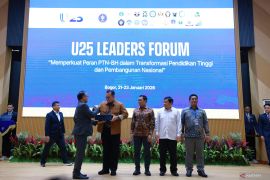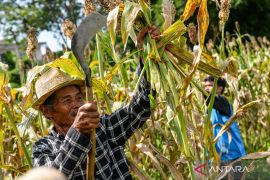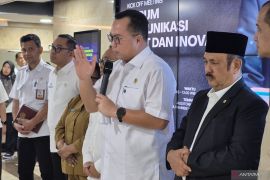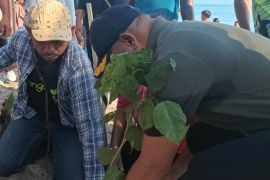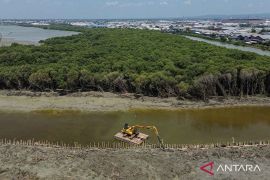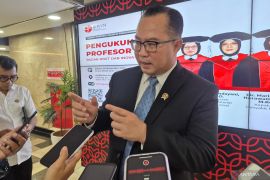"Phytoremediation works by absorbing carbon biologically. This process involves roots of aquatic plants absorbing pollutants, which will then be used to sustain the plants' life, akin to photosynthesis," Media Nugraha, a researcher at BRIN's Center for Research on Medicine Raw Materials and Traditional Medicines, stated.
In the agency's statement cited here on Tuesday, she explained that phytoremediation is an eco-friendly and relatively inexpensive method that helps restore nutrients to stimulate the recovery of contaminated waters.
Nugraha stated that her team has implemented the method at Lake Ledulu, Rote District, East Nusa Tenggara. The lake is home to a variety of aquatic plants, such as Panicum, Ludwigia adscendens, H. Hara, Najas indica, Ipomea aquatica, Pontederia korsakowii, Callitriche, Bacopa monnieri, and Nymphaea alba.
"We took these plants to detect the absorption of heavy metals in the lake," she remarked.
The researcher also spoke of having conducted plant authentication to avoid misidentifying aquatic plant species, considering the existence of hybrid variations.
Related news: Environment Minister calls for fight against plastic waste pollution
She underlined that some species may be considered endemic to a specific habitat, while some others can be found in a broader ecosystem.
"Moreover, we have carried out a phytochemical analysis, which is important to observe beneficial secondary metabolites that are generated by aquatic plants," she explained.
Nugraha then emphasized the need to preserve Indonesian aquatic plants since in addition to their antibacterial function, such plants also contain compounds beneficial to the health of humans and fish.
Furthermore, she highlighted that the presence of aquatic plants boosts the visual appeal of an aquarium or a natural environment.
"For that reason, we need to preserve aquatic plants by ensuring the cleanliness of waters. That way, we will be able to reap more benefits from our aquatic ecosystems," she remarked.
Related news: Research reveals how plant seeds travel across ocean
Translator: Sean F, Tegar Nurfitra
Editor: Yuni Arisandy Sinaga
Copyright © ANTARA 2024
